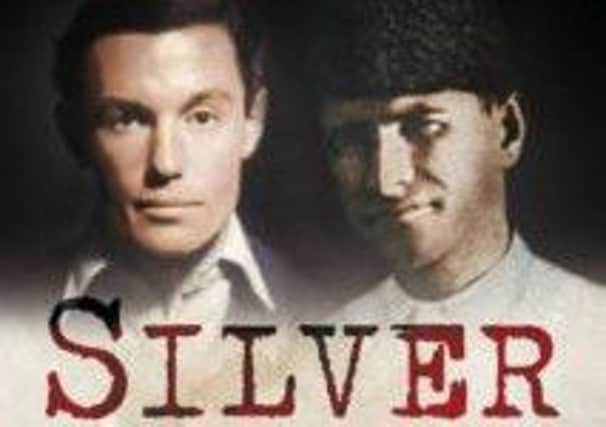Silver spy who fooled the Nazis


In Berlin, the plan was to get Axis support for an attack or an insurrection in India. Everything ground to a halt when Bose was not received at the German embassy in Kabul, but Bhagat Ram presented himself as a cook at the Italian embassy and, winning the confidence of the ambassador, was hired as a spy. The Germans, marvelling at the intelligence that started to emerge – all fictitious – took him over, gave him radio training, a transmitter and receiver, and paid him royally.
When Germany invaded the Soviet Union, Bhagat Ram became a triple agent, passing German intelligence on to Moscow. Then the NKVD (forerunner of the KGB) entered into an arrangement with Britain’s Special Operations Executive, which meant that Bhagat Ram was now spying for Britain, too, and it was SOE who gave him the codename Silver. His British control officer (Peter Fleming, brother of the James Bond creator Ian) maintained a flow of sophisticated disinformation.
Advertisement
Hide AdAdvertisement
Hide AdIn 1943, Bose, now in Berlin, had convinced Hitler of the possibility of a new front, involving an anti-British Indian armed force as well as a “fifth column” which would tie down British troops in India. Bose was conveyed by U-boat to Japan, where the Japanese high command would co-ordinate the operation. This, in turn, meant that Silver was now courted by the Japanese for his intelligence. He was, in effect, a quintuple agent, probably the only one in modern times.
It is a remarkable story and there is some dazzling writing on Silver’s journey into Afghanistan, but elsewhere there are tedious passages. There are also historical oversights, missed words, grammatical errors and inconsistencies in the referencing: all so frustrating in what is potentially such an important book.